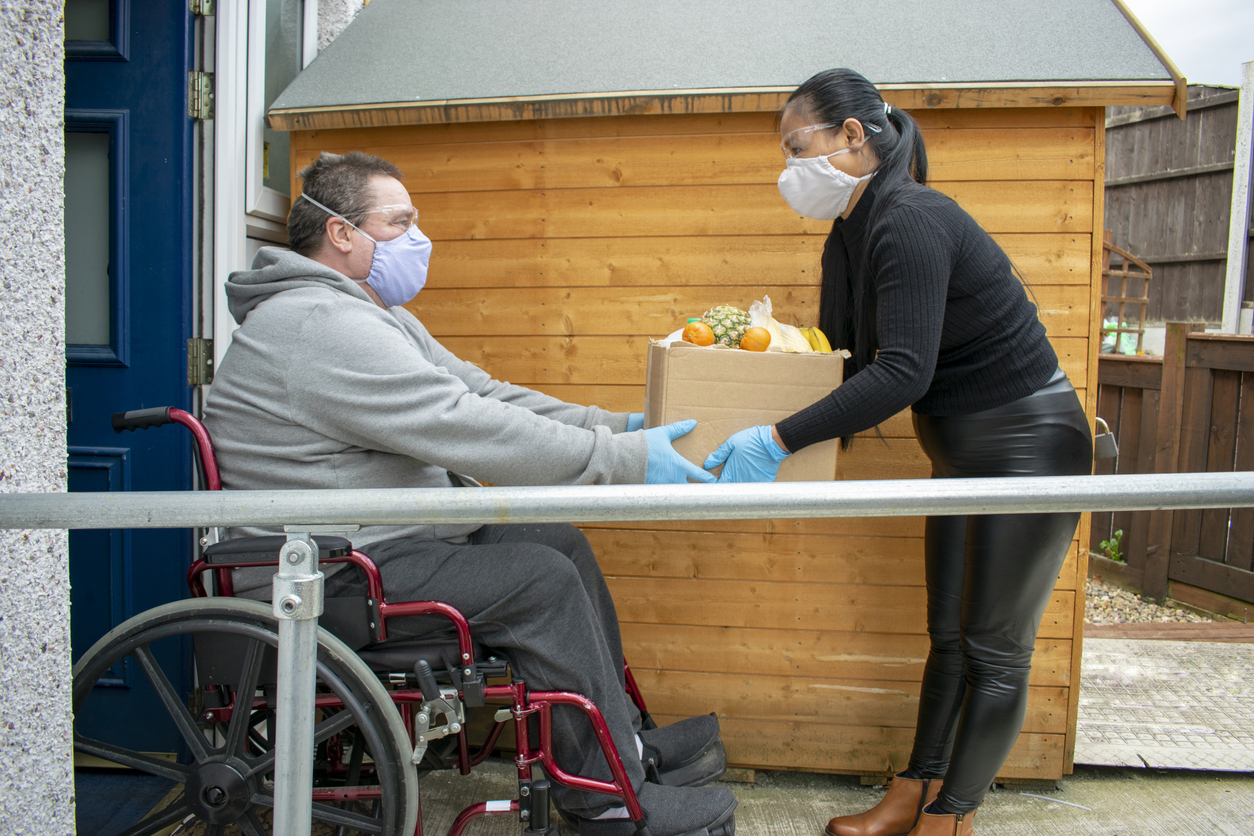2025-01-02
Eating Disorders and the COVID-19 Pandemic: Impact on Dysfunctional Eating Behaviors
Infectiology
This study examines the evolution of eating disorders and dysfunctional eating behaviors during the first two waves of the pandemic.
Did the COVID-19 Pandemic Really Affect Eating Behaviors?
To address this uncertainty, 186 studies involving 406,076 participants were selected and analyzed. The following parameters were studied: predominant symptoms, weight changes, and psychosocial factors.These findings reveal that body image concerns (52%), binge eating episodes (40%), and overeating (40%) were among the most frequent behaviors during this period. Similarly, weight gain was more common than weight loss (33% vs. 20%), reflecting significant changes in eating habits. Finally, a significant correlation was observed between psychological distress (stress, anxiety, depression) and eating behaviors, particularly overeating and body image concerns.
Meals Under Pressure: When the Pandemic Disrupts Our Plates and Minds
This study highlights the pandemic's negative impact on eating behaviors, revealing marked disparities based on gender, age, and cultural contexts. These results underscore the urgency of developing targeted strategies to prevent and mitigate these behaviors, especially during public health crises. Future studies should explore long-term impacts, identify the most vulnerable groups, and evaluate suitable therapeutic interventions, such as psychological support or dietary rehabilitation programs.
Last press reviews
Aromatherapy in patients with cancer: hope for anxiety, but not for depression?

By Lila Rouland | Published on December 31, 2025 | 3 min read<br>
Emerging influenza threat: the rapid rise of A(H3N2) subclade k in Europe

By Carolina Lima | Published on Décember 30, 2025 | 3 min read
Combined exercise: a winning strategy for post–breast cancer cardiorespiratory fitness

By Lila Rouland | Published on December 29, 2025 | 3 min read<br>